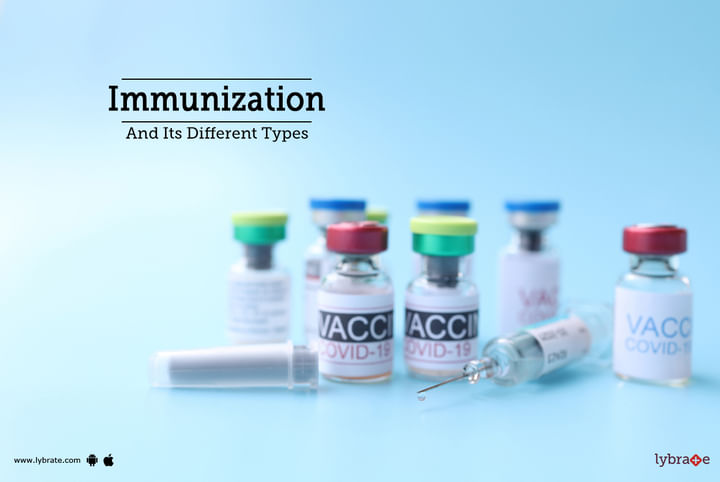Immunization And Its Different Types
We often misinterpret the meaning of vaccination and immunization, they are not identical. What is the difference between the two?
While a vaccine is a biological composition that helps individuals acquire immunity from infectious illness. Immunizations are an overall development of individual immunity. It can be active, passive or efficient (vaccine).
Types Of Immunisation
As mentioned, there are three forms of getting immunized, active, passive, and efficient. Each of them has its own unique composition to protect its users. They are classified on the basis of their working mechanism and how they come into existence in our bodies.
1. Active Immunisation
It is known to provide a natural form of immunization. This builds when a person comes in contact with the microbe through natural or artificial ways. Since the disease is new and mild for the body, it is easy for the immune system to kill the disease and gain immunity to such infection for the rest of its life.
While some microbes are quite mild and do not cause any harm when coming in contact, others can cause major damage if taken in a natural way. So to prevent critical situations, doctors recommend artificial active immunization. Some of them include rubella, MMR, measles, mumps, varicella, rotavirus, yellow fever, and influenza (LAIV).
2. Passive Immunisation
Passive boosting can be described as temporary immunization to the human body. They are made up of pre-designed immunity system elements that are delivered to a person so that the body does not have to produce them. This form of immunization does not have long-lasting effects as it doesn't create any natural B cells that can help them sustain.
The natural form of passive immunization occurs during fetal development. During pregnancy, the mother’s body transfers some antibodies to the child to prevent the baby from external infections. On the other hand, artificial passive immunization or serum therapy is used to treat emergency situations of toxicity like tetanus.
3. Efficient immunization
Also known by the name of vaccination. This form of immunization is considered the most effective one amongst all. It contains agents identical to the disease-causing germ designed to weaken or destroy microbes.



+1.svg)
